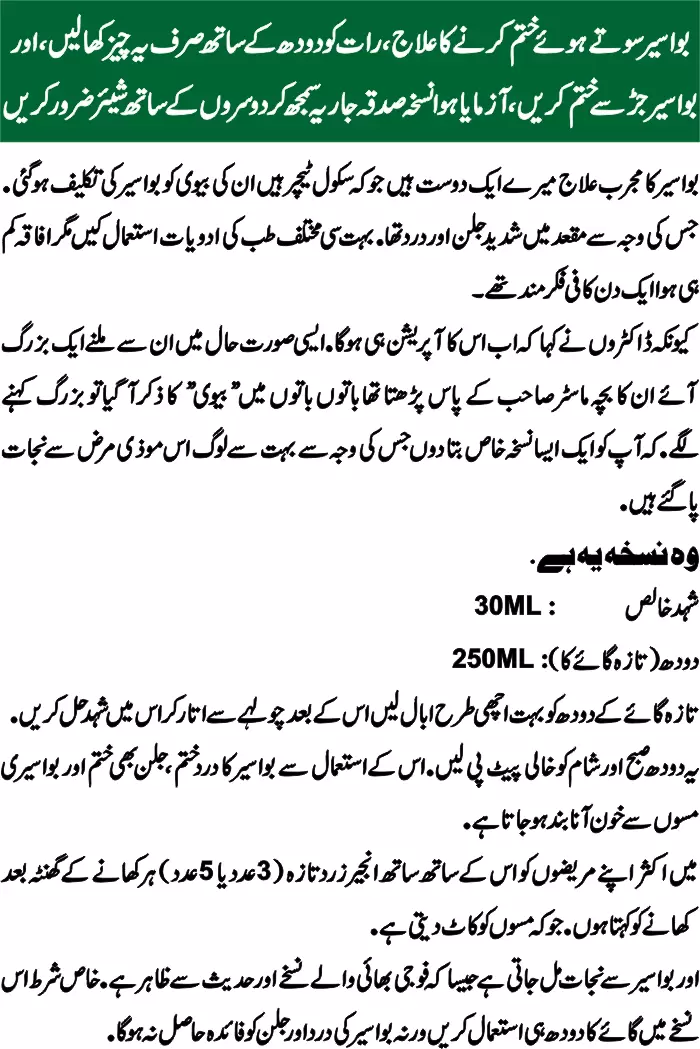London: Piles or haemorrhoids are swollen or irritated veins near the anus or in the lower rectum of the body. Piles generally is a genetic disorder. The common symptoms of piles are pain, itching and rectal bleeding around the anal area. It is also believed that as one age, the risk of developing piles increases. Pregnant women are more vulnerable to piles as excessive pressure in the abdominal area swells veins in the anal area. It is not considered a severe problem and can disappear on its own.

Before looking at some of the home remedies to treat this disease, let’s look at some of its causes. You can lower your risk of haemorrhoids by eating more fibre, losing weight, and not delaying going to the toilet if you need to pass a stool. Drinking at least six glasses of water every day may also prevent piles.
The best way to prevent haemorrhoids is to keep your stools soft, so they pass easily,” said the Mayo Clinic. “Drink six to eight glasses of water and other liquids [not alcohol] each day to help keep stools soft.”
Piles Causes:
Sitting for long periods, Constipation, Obesity, High-stress lifestyle.
Piles Symptoms:
Piles symptoms include bleeding after passing a stool, having an itchy anus, or finding lumps hanging down outside of the anus.
Natural Home Remedies for Piles:
Coconut Oil:
Coconut oil helps in lessening the symptoms of piles. Applying coconut oil in the affected area may reduce swelling, irritation and urge to scratch.
Aloe Vera:

Aloe vera has rich anti-inflammatory properties. According to one research, aloe vera helps in healing wounds. Itching, swelling and burning sensation caused by haemorrhoids can be reduced by applying aloe vera in the affected part of the anus.
However, some people are allergic to aloe vera, especially those who are allergic to garlic and onions. To check the allergy, apply aloe vera in a small portion on the forearms and wait for 24-48 hours. If no reaction takes place, it’s suggested that aloe vera can be used for this treatment.
Ice Packs:
Applying ice packs on the affected part of the anus can also reduce inflammation and pain. When haemorrhoids flare up, applying ice packs can temporarily reduce swelling and numb pain.
To follow this treatment, ice should be wrapped inside a towel in order to prevent damage to the skin. After doing this, leave the towel on the affected part of the anus for 15 minutes and repeat this process hourly.
Drinking-Water:
Certain changes in the lifestyle can also reduce the risks of developing piles or reducing the time period of this condition. One research suggests that most anus problems are caused by a lack of fluid in the body.
Drinking a lot of water keeps the stool soft and manageable as it passes through the intestines. Doing this will reduce the pressure while excretion causes less irritation to the haemorrhoids.
Piles/Haemorrhoids Prevention:
Eating more fruit, vegetables and whole grains could also lower your risk of piles. “Add fibre to your diet slowly to avoid problems with gas,” the Mayo Clinic added. Straining, and holding your breath, while trying to pass a stool can lead to haemorrhoids. It creates greater pressure in the lower rectum’s veins. You should also go to the toilet as soon as you feel the need to pass a stool.
“If you wait to pass a bowel movement and the urge goes away, your stool could become dry and be harder to pass,” the clinic said. The exact cause of haemorrhoids isn’t clear, according to the NHS.